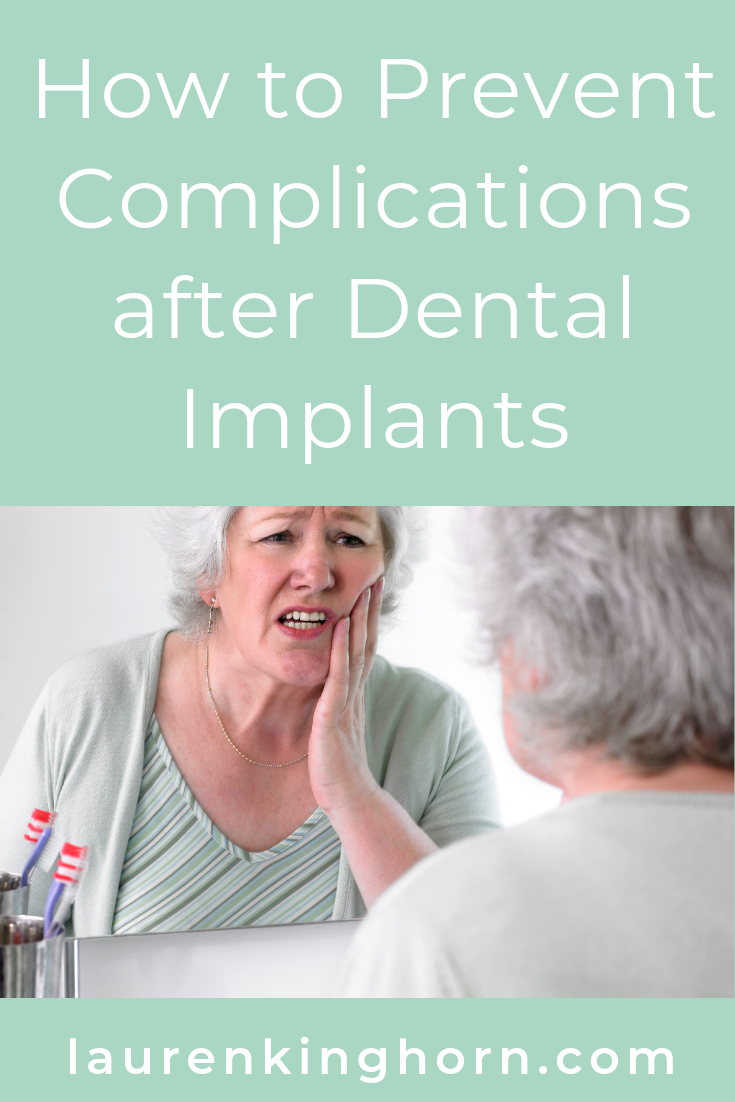Dental procedures to replace missing teeth is a growing industry with as many as 10,000 procedures
(implants in the lower jaw) carried out in the UK each year. This figure applies to patients over the age of 65.
Dental clinics offer a range of implant-related services from same-day implants to All on 4 implants.
By and large, patients receiving dental implants in Barnsley can expect a high success rate. Problems can arise, however, when patients do not look after their implants properly.
It is of the utmost importance that patients acknowledge their responsibilities in maintaining tooth-replacement devices – these can become vulnerable if certain oral health conditions aren’t being met. Understanding the risks can help patients manage better care of their implants.
The first thing patients need to know about these artificial teeth replacements is that they require the same care and attention that natural teeth and roots do – they should be cleaned thoroughly and regularly through daily hygiene practices, as well as having professional cleaning at a dental clinic.
Dental Issues Associated with Improper Implant Care
Of main concern to dentists is the problem of peri-implant diseases such as peri-implantitis.
Peri-implantitis is a bacterial infection that develops around the tooth-replacement implant and can cause inflammation of the gums.
Deteriorating gum conditions pose a serious risk to the stability of the titanium screw implanted into the jawbone as well as the artificial crown placed on top of it.
Left untreated, unhealthy gums can lead to jawbone loss which is what causes the screw to fall out.
 What Causes Gum Infections?
What Causes Gum Infections?
One of the main culprits of gum inflammation and infection is neglecting dental health responsibilities. Patients who neglect to clean their teeth are at a high risk of developing gum disease.
Additional risk factors include:
● Smoking
● Not visiting a dental clinic for cleaning or check-ups
● Medical conditions such as diabetes
● Genetic traits
● Implant surface roughness
● Patients with a history of gum-related problems
Peri-implantitis is a progressive dental condition that can be treated if identified early enough. The condition can worsen to the stage of bone loss, placing at risk the patient’s investment in dental treatment.
Patients can look out for the following symptoms:
● Bleeding gums
● Pus formation
● Pain in the implant site area
● Redness or swelling
It is highly recommended that a patient receive appropriate dental attention should any of the above or other concerning symptoms are noticed.
Once an implant procedure is carried out, the dentist will advise on the best tips and techniques to practice to ensure the implant heals successfully.
Patients may be required to perform specific oral hygiene practices for the first few days following the procedure, as brushing over the area is not advised.
While the implant site is still fresh, it remains vulnerable to bacteria entering it.
Once the site has healed properly patients can resume normal hygiene practices such as brushing and flossing.
For patients seeking prosthetic teeth to replace lost natural teeth, it is incumbent to understand fully what the treatment requires, in particular, the risks of neglecting proper dental care.
Did you suffer any complications after dental implants? Share your experience below.

